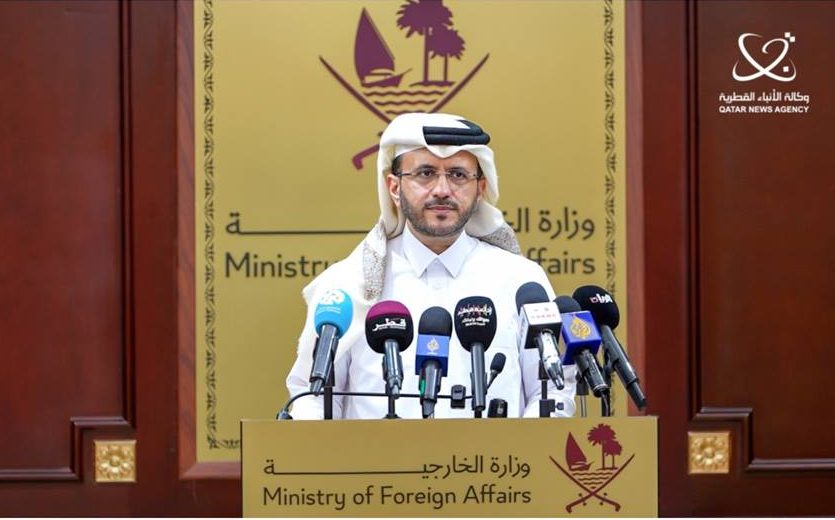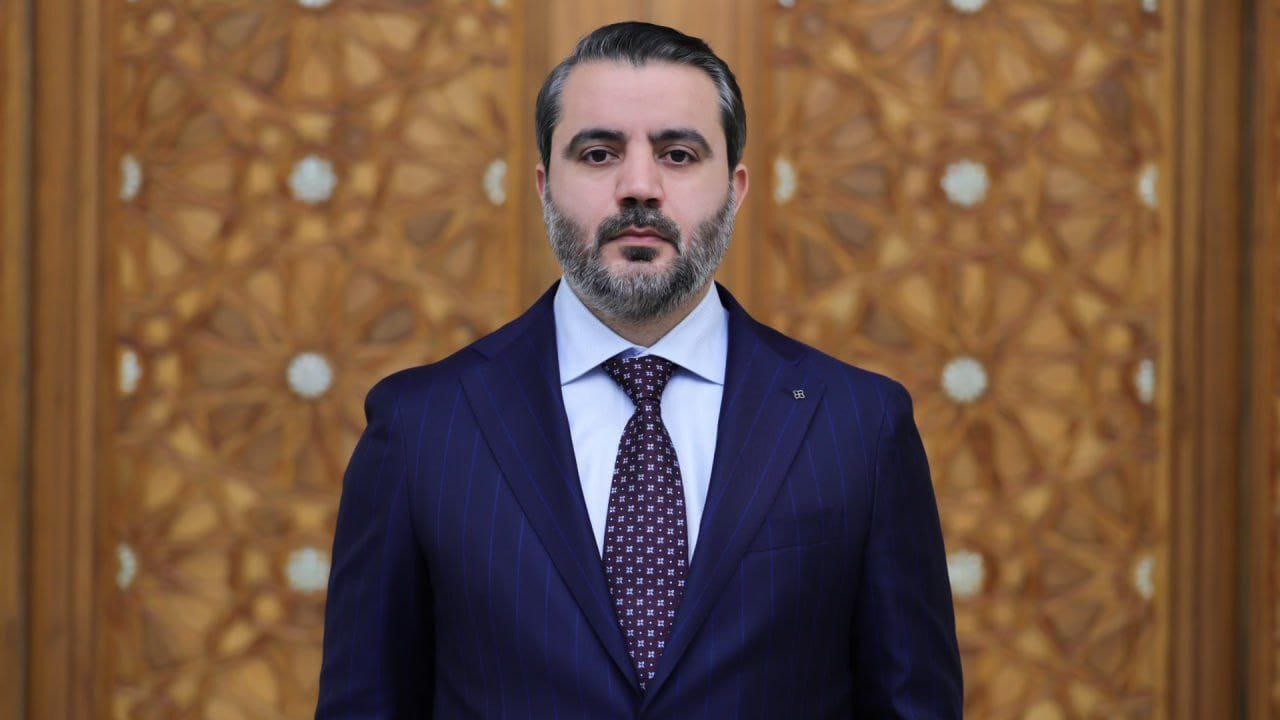
Qatar’s government has rolled out new requirements to prove one’s higher education credentials.
The move appears to be an effort to curb fraud, but has also made it difficult for qualified grads to find work or change jobs in the country.
Graduates of foreign universities are now required to obtain a letter from their institutions confirming specific details about their courses before receiving approval for a residence permit.

Additionally, Qatar will no longer allow companies here to hire grads who have studied for all or part of their degrees online, new government guidelines reveal.
The stipulations are in addition to existing rules that require expats to have degrees and transcripts attested by their own government and the Qatar embassy in their home country.
New requirements
Speaking to Doha News this week, many people said they have been struggling with the process since it was implemented in June.
Some are clients of Venture Partner Qatar, a company that helps investors set up businesses here.
The firm’s General Manager Dale Ashford told Doha News that the government began rejecting job applicants’ degree certificates when the new rules took effect a few months ago.
There was no grace period after the government issued a circular on June 1, he added.
The following is a copy of the circular issued by the Qatar Embassy in London, detailing the new rules:

Additional information can be found here, courtesy of the Philippines Embassy in Doha.
According to Ashford, obtaining a letter from one’s alma matar will be tricky for many, particularly if they left college some time ago:
“There are many questions concerning the ‘statement’ on behalf of the University/Institution, not least, who will prepare it. This is something entirely new for them and will entail a considerable amount of work. Presumably, some form of charge will have to be levied for this.
There will also be other issues, depending on the age of the applicant, such as universities closing or merging and so forth.”
Expats already in Qatar would most likely have to pay agencies to help them complete the attestation process in their home countries “at quite a cost,” he added.
Additionally, he said the new ban on distance learning degrees will cause significant problems for many job applicants, particularly Master’s students, who often study online.
No warning
Because the new regulations were introduced without warning or publicity, they have caught many by surprise.
Melissa Paterson Hernandez, an American expat who works in higher education in Qatar, said the changes have made it even more difficult for her husband to find work here.
Also an American citizen who works in education, he currently lives and works in Abu Dhabi.

The couple fly regularly between the two countries to try to co-parent their four-year-old daughter.
Hernandez said she has been trying to get her husband’s Master’s in Business and Bachelor’s degrees attested for over a year so that he can get a job in Qatar, but keeps encountering obstacles:
“He took some online courses in his MBA degree in the USA, so it will not be accepted (under the new rules). Now we are trying to get his undergraduate degree in Mexico attested,” she said.
“But there is no operational Qatar Consulate in Mexico (they say they cannot attest documents), so we were told just to get everything done at the UAE consulate in Mexico instead.”
The couple have so far paid around US$2,000 to try to complete the attestation process, but must now go back to the drawing board due to the new requirements.

Even if they manage to assemble all of the documents and get the necessary approvals, Hernandez said she is uncertain that Qatari authorities will accept documents stamped by a UAE Embassy.
She added:
“I am not sure if it is even worth it. We were trying to have his degree ready for when he did find a job he could just bring the paperwork with him.
But now since the rules change so often we will just wait until he can find a job and then pray that we can somehow get what he needs.”
Fake degrees
While the new regulations may seem unnecessarily onerous, they are being introduced in response to an apparent proliferation of fake degree certificates in Qatar.
Last year, Dr. Khalid Al Jaber, former Editor-in-Chief of the Peninsula, asserted that forged certificates had “literally invaded the local market” and stated that “hardly any sector was safe from this threat.”

To combat the problem, Al Jaber suggested that fraudulent engineers, doctors and accountants be publicly named and shamed.
Qatari authorities take this kind of fraud very seriously. Last year, an Indian expat was sentenced to three years in jail for faking a degree to help him get a promotion at work.
However, Hernandez said that she is doubtful that the new rules will actually help tackle fraud:
“Chances are the same people who are faking degrees will also fake all of these new requirements anyway. So in the meantime, good people with legitimate degrees are being turned away.”
Thoughts?







